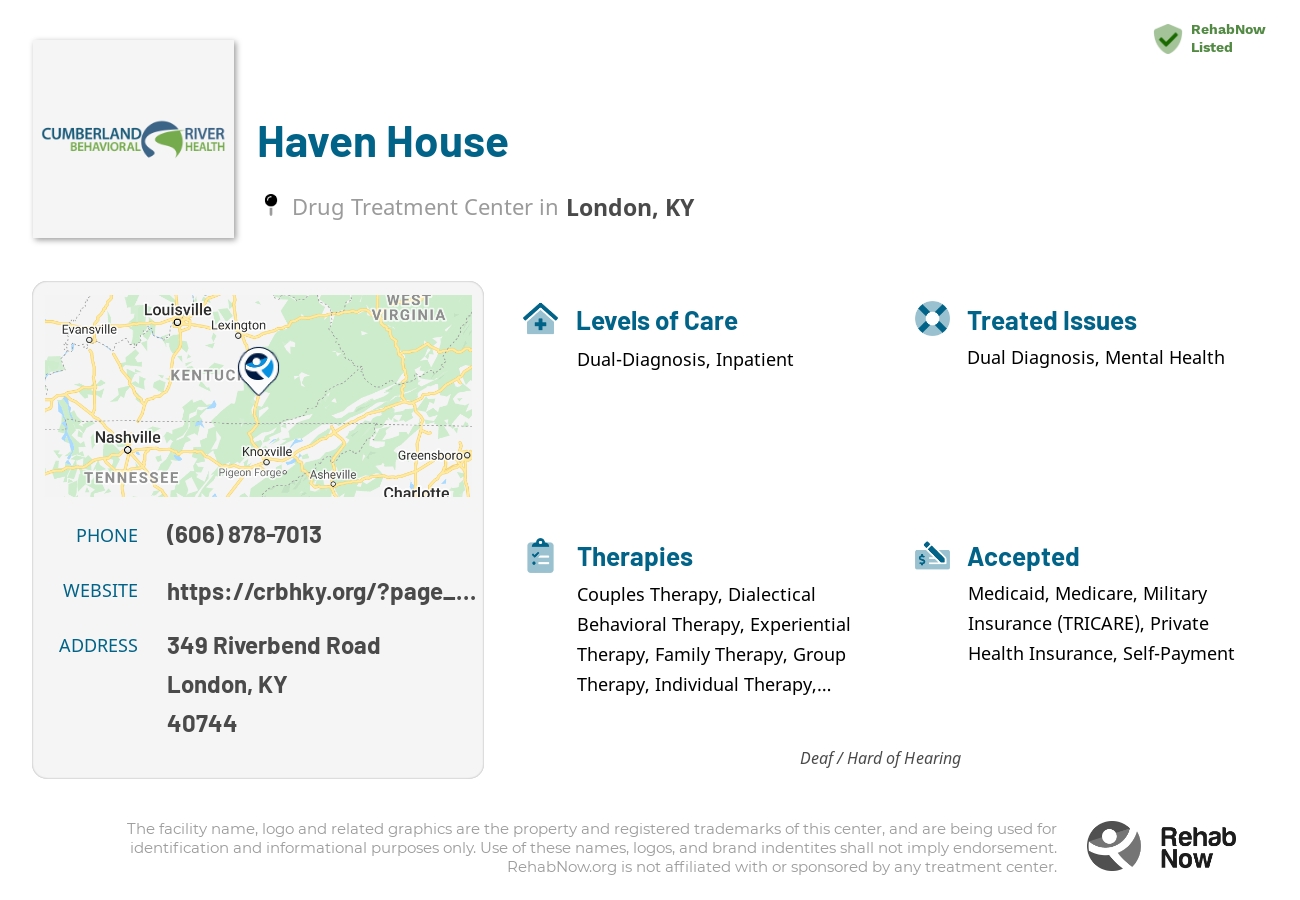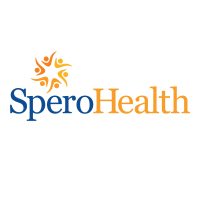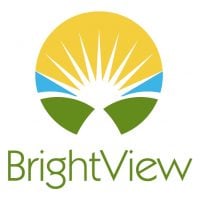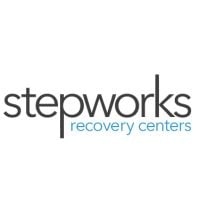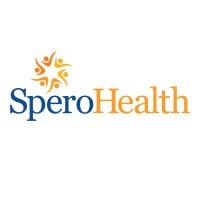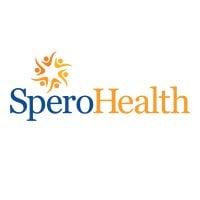Haven House
Drug Rehab Center in London, Kentucky
Haven House, located in London, Kentucky, is a charitable organization that provides comprehensive care for addiction and substance abuse through individual and group counseling, residential and outpatient treatment, medication-assisted treatment, and case management since 2018.
About Haven House in Kentucky
Located in London, Kentucky, Haven House stands out as a dedicated alcohol and drug rehab center, aimed at offering both men and women a suite of comprehensive addiction rehab services. Its distinction lies in integrating detox treatment with medication-assisted treatment, providing a holistic approach to overcoming addiction.
- Comprehensive addiction treatment is supported by FDA-approved medications, aiding in the management of withdrawal symptoms and reducing cravings.
- Mental health counseling is pivotal to their approach, helping clients tackle the root causes of their addiction alongside managing withdrawal symptoms.
- The center prides itself on its multidisciplinary team of medical professionals, ensuring a well-rounded and effective recovery process.
Haven House holds accreditations from the Joint Commission on Accreditation of Healthcare Organizations (JCAHO), the Substance Abuse and Mental Health Services Administration (SAMHSA), and maintains a state license. Its commitment to excellence is evident in its tailored inpatient, aftercare, and dual diagnosis programs designed to meet individual client needs.
This facility provides targeted treatment for a variety of addictions, utilizing a blend of medication-assisted treatment and mental health counseling. It offers multiple levels of care, including detoxification services, to effectively support clients through their recovery journey.
Genders
Ages
Modality
Additional
Accreditations
State License
SAMHSA

JCAHO
Conditions and Issues Treated
When someone in struggles with both addiction and mental or emotional illness, this is considered a dual diagnosis. Dual diagnosis treatment can include therapy for these issues to happen simultaneously, which will allow either of them to be treated effectively.
Sometimes people who have suffered from addiction disorder also suffer from co-occurring disorders such as depression, anxiety, bipolar disorder, etc., making them “dual diagnoses.” Dual diagnoses require specialized treatment programs where drug and alcohol addiction are addressed along with psychiatric illnesses. Some rehabilitation facilities provide patients suffering from cooccurrences a program with highly integrated services and a clean environment with few distractions to help them succeed.
Levels of Care Offered
This center offers a variety of custom treatment tailored to individual recovery. Currently available are Dual-Diagnosis, Inpatient, with additional therapies available as listed below.
Inpatient treatment for alcoholism or drug addiction is an option that provides the addict with a supportive environment in which they can stop using. After detox, an inpatient treatment center provides a structured environment for the addict to recover from their addiction and begin taking steps toward a lifetime of sobriety.
This type of treatment is appropriate for addicts that are most in need of intensive care and supervision. This includes those who were unable to quit on their own, those who need more structure than they can get in outpatient treatment, and those whose addiction has led them into legal trouble or severe health problems.
Therapies & Programs
Because no single treatment is effective for all addicts, the goal of treatment and therapy should be to figure out what works best for each individual. Tolerance and withdrawal levels differ from person to person, affecting the treatment intensity required. Addiction treatment should aim to help addicts develop healthy coping mechanisms for dealing with their addiction and its underlying causes.
Couples therapy works with clients and significant others in a professional capacity to improve relationship dynamics. This can be helpful for addicts who are trying to marry the idea of recovery into their work, family, social lives – any aspect that has to do with relationships. Through counseling sessions, addicts will have an opportunity to talk about their addiction with professional partners.
Family therapy is beneficial for people who are in addiction treatment services because it offers addicts the opportunity to work with their family members to better understand what led them to make choices that contributed to their addiction.
This type of therapy helps family members reach a deeper understanding of how they can best support their loved one during recovery. It also helps the addict better understand their own motivations and triggers that led them to turn to substance abuse.
Family therapy can help addicts in the following ways:
- Assists family members in processing difficult feelings so they don’t blame or resent recovering addicts
- Assists family members in understanding how addiction has impacted the addict and everyone who is involved with them
- Allows the addict to take responsibility for their actions, while encouraging improved communication skills
- Helps family members understand how to best support an individual in recovery so addicts don’t relapse again.
Group therapy can help build a stronger support system and give addicts in London, KY insight into their addiction that they gain through shared conversations. Group therapy occurs in a controlled group environment, exclusive of one on one meetings. This makes it safer for patients to feel comfortable sharing the struggles they’re going through and gaining perspective.
Trauma therapy is beneficial for people who are recovering from drug addiction because it helps them heal from past traumas that may have caused them to turn to harmful substances or led them to experience negative emotions that contributed to their destructive behaviors.
This type of treatment works by processing difficult experiences so individuals can learn how to process these events without having to turn to substances for coping.
Trauma therapy can help addicts in the following ways:
- Helps individuals understand their experiences and emotional responses to difficult events, including why they turned to drugs or alcohol
- Provides them with comfort and support while working through difficult emotions related to these traumatic experiences
- Offers an opportunity for addicts to have a voice and be heard, which can improve their self-esteem
- Can help them develop coping skills so they can better respond to triggers instead of turning to substance abuse.
Dialectical Behavior Therapy (DBT) is a cognitive-behavioral therapy that helps patients understand the relationship between their thoughts, feelings, and behaviors. It is beneficial for those whose addictions and behaviors stem from severe mental health issues. The term “Dialectic” means the integration of opposites. In substance abuse, DBT refers to accepting the patient’s addiction and working to change their thoughts and behavior. It improves life skills such as controlling intense emotions without reacting impulsively, resolving interpersonal conflicts effectively, and promoting awareness about self and others.
Cognitive-behavioral therapy is a technique that is used to help people with addiction. Specifically, it is a way of identifying thoughts and behaviors that cause the addiction. It is typically used in an individual counseling session.
The content explains cognitive behavioral therapy and how it works to address some behaviors that may be leading to unintended consequences in their life, as well as its benefits for those seeking sobriety.
It works by helping people to talk through their issues and addressing the thoughts that cause said behaviors. It is an excellent way of learning about oneself and one’s perception of the world.
It’s important to remember that malnutrition can affect your mood and energy level, which affects your desire to get sober. Good nutrition helps keep your body strong against the familiar ravages of drug use–tuberculosis, hepatitis, abscesses, infections, etc. — as well as the physical symptoms of withdrawal. If you’re eating right, you’ll have more energy for productive activities and will have more strength to fight cravings.
Nicotine Replacement Therapy (NRT) has many benefits for drug addicts who also choose to quit smoking. It is an effective technique at this treatment center that provides smokers with the nicotine they are addicted to without inhaling carcinogens from cigarettes to wean them off entirely. You can reduce your risk of heart disease and cancer, irritability, bone loss, stroke, type II diabetes, fertility in women, an enhanced sense of taste and smell.
Patient Experience
Experiential Therapy at Haven House
Experiential therapy uses engaging activities to help patients access deeper, often hidden emotions. For example, the patient could role-play a problematic situation or engage in activities like drawing, painting, poetry writing, music composition, exercising, or journaling to help process intense feelings.
Experiential therapy is a type of therapeutic approach that focuses on having patients work through problems, issues, or emotions by engaging directly in some real experience. Experiential therapy occurs face-to-face with a therapist who helps these people to explore their feelings first hand.
It is based on the belief that to truly understand and gain insight into oneself and behavior; it is necessary and helpful to have real experiences with the issues involved. Some therapists have developed the experiential therapy approach as a way of treating addictive behaviors or dealing with impulses related to addiction. It comes from an existential school of psychotherapy called ‘experiential existential.’
Payment Options Accepted
For specific insurance or payment methods please contact us.
Is your insurance accepted?
Ask an expert, call (888) 674-0062
Cumberland Behavioral River Health Associated Centers
Discover treatment facilities under the same provider.
- Cumberland River Behavioral Health - Haven House in London, KY
- Cumberland River Behavioral Health - Independence House in Corbin, KY
- Cumberland River Behavioral Health - Crossroads in Corbin, KY
- Cumberland River Behavioral Health - Harlan in Harlan, KY
- Cumberland River Behavioral Health - American Greeting Card Road in Corbin, KY
Learn More About Cumberland Behavioral River Health Centers
Additional Details
Specifics, location, and helpful extra information.
London, Kentucky 40744 Phone Number(606) 878-7013 Meta DetailsUpdated April 15, 2024
Staff Verified
Haven House Patient Reviews
There are no reviews yet. Be the first one to write one.
London, Kentucky Addiction Information
Kentucky ranks among the top ten states for opioid-related overdoses. Most of these are due to heroin, fentanyl, and prescription opioid use. A little over 11% of the Kentucky population abuses alcohol in a given year. More than 15% of Kentucky adults admit to participating in binge drinking every month.
In Kentucky, 1 in 5 people struggle with addiction to drugs or alcohol. The most common substances of abuse are alcohol, marijuana, and opioids. Every day, more than 8 people die from drug overdoses in Kentucky. In Kentucky, there are over 200,000 people who struggle with addiction to drugs. There are a variety of treatment options in London. Some of the most common include inpatient and outpatient treatment and medication-assisted treatment.
Treatment in Nearby Cities
- Cynthiana, KY (92.9 mi.)
- Brandenburg, KY (131.4 mi.)
- Emmalena, KY (59.0 mi.)
- Florence, KY (137.4 mi.)
- Scottsville, KY (118.2 mi.)
Centers near Haven House
The facility name, logo and brand are the property and registered trademarks of Haven House, and are being used for identification and informational purposes only. Use of these names, logos and brands shall not imply endorsement. RehabNow.org is not affiliated with or sponsored by Haven House.





